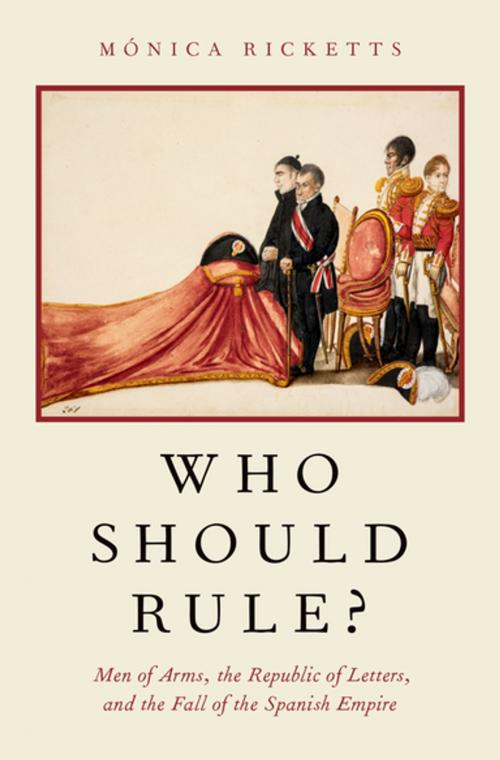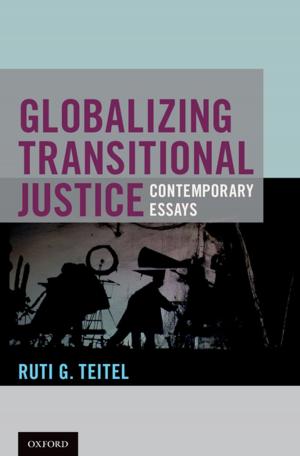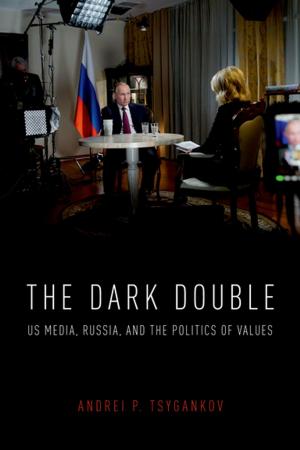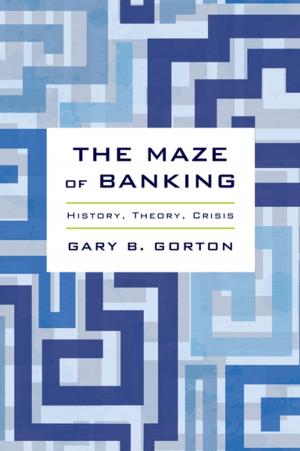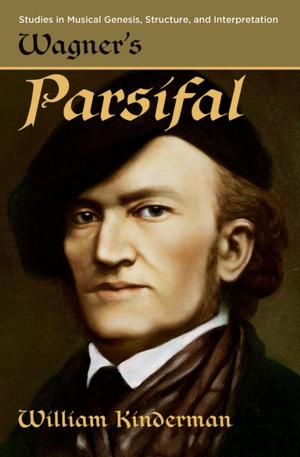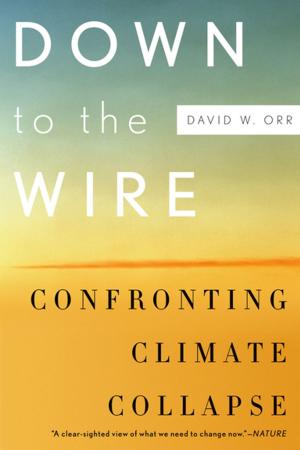Who Should Rule?
Men of Arms, the Republic of Letters, and the Fall of the Spanish Empire
Nonfiction, History, Americas, Central America, Spain & Portugal| Author: | Mónica Ricketts | ISBN: | 9780190494902 |
| Publisher: | Oxford University Press | Publication: | July 14, 2017 |
| Imprint: | Oxford University Press | Language: | English |
| Author: | Mónica Ricketts |
| ISBN: | 9780190494902 |
| Publisher: | Oxford University Press |
| Publication: | July 14, 2017 |
| Imprint: | Oxford University Press |
| Language: | English |
Who Should Rule? traces the ambitious imperial reform that empowered new and competing political actors in an era of intense imperial competition, war, and the breakdown of the Spanish empire. Mónica Ricketts examines the rise of men of letters and military officers in two central areas of the Spanish world: the viceroyalty of Peru and Spain. This was a disruptive, dynamic, and long process of common imperial origins. In 1700, two dynastic lines, the Spanish Habsburgs and the French Bourbons, disputed the succession to the Spanish throne. After more than a decade of war, the latter prevailed. Suspicious of the old Spanish court circles, the new Bourbon Crown sought meritorious subjects for its ministries, men of letters and military officers of good training among the provincial elites. Writers and lawyers were to produce new legislation to radically transform the Spanish world. They would reform the educational system and propagate useful knowledge. Military officers would defend the monarchy in this new era of imperial competition. Additionally, they would govern. From the start, the rise of these political actors in the Spanish world was an uneven process. Military officers became a new and somewhat solid corps. In contrast, the rise of men of letters confronted constant opposition. Rooted elites in both Spain and Peru resisted any attempts at curtailing their power and prerogatives and undermined the reform of education and traditions. As a consequence, men of letters found limited spaces in which to exercise their new authority, but they aimed for more. A succession of wars and insurgencies in America fueled the struggles for power between these two groups, paving the way for decades of unrest. Emphasizing the continuities and connections between the Spanish worlds on both sides of the Atlantic, this work offers new perspectives on the breakdown of the empire, the rise of modern politics in Spanish America, and the transition to Peruvian independence.
Who Should Rule? traces the ambitious imperial reform that empowered new and competing political actors in an era of intense imperial competition, war, and the breakdown of the Spanish empire. Mónica Ricketts examines the rise of men of letters and military officers in two central areas of the Spanish world: the viceroyalty of Peru and Spain. This was a disruptive, dynamic, and long process of common imperial origins. In 1700, two dynastic lines, the Spanish Habsburgs and the French Bourbons, disputed the succession to the Spanish throne. After more than a decade of war, the latter prevailed. Suspicious of the old Spanish court circles, the new Bourbon Crown sought meritorious subjects for its ministries, men of letters and military officers of good training among the provincial elites. Writers and lawyers were to produce new legislation to radically transform the Spanish world. They would reform the educational system and propagate useful knowledge. Military officers would defend the monarchy in this new era of imperial competition. Additionally, they would govern. From the start, the rise of these political actors in the Spanish world was an uneven process. Military officers became a new and somewhat solid corps. In contrast, the rise of men of letters confronted constant opposition. Rooted elites in both Spain and Peru resisted any attempts at curtailing their power and prerogatives and undermined the reform of education and traditions. As a consequence, men of letters found limited spaces in which to exercise their new authority, but they aimed for more. A succession of wars and insurgencies in America fueled the struggles for power between these two groups, paving the way for decades of unrest. Emphasizing the continuities and connections between the Spanish worlds on both sides of the Atlantic, this work offers new perspectives on the breakdown of the empire, the rise of modern politics in Spanish America, and the transition to Peruvian independence.
